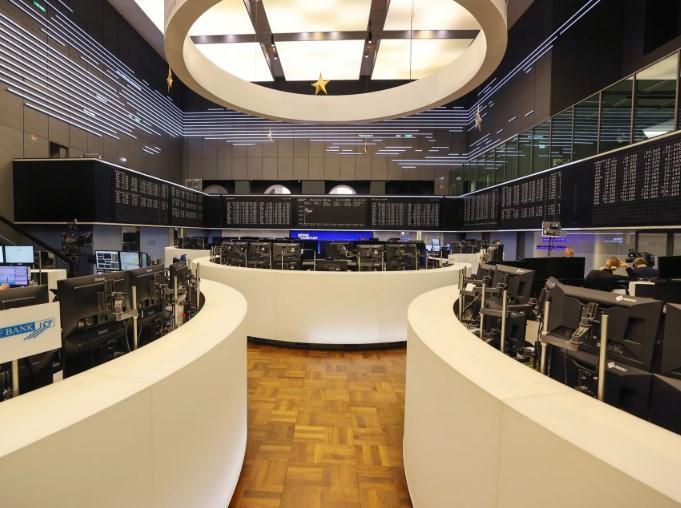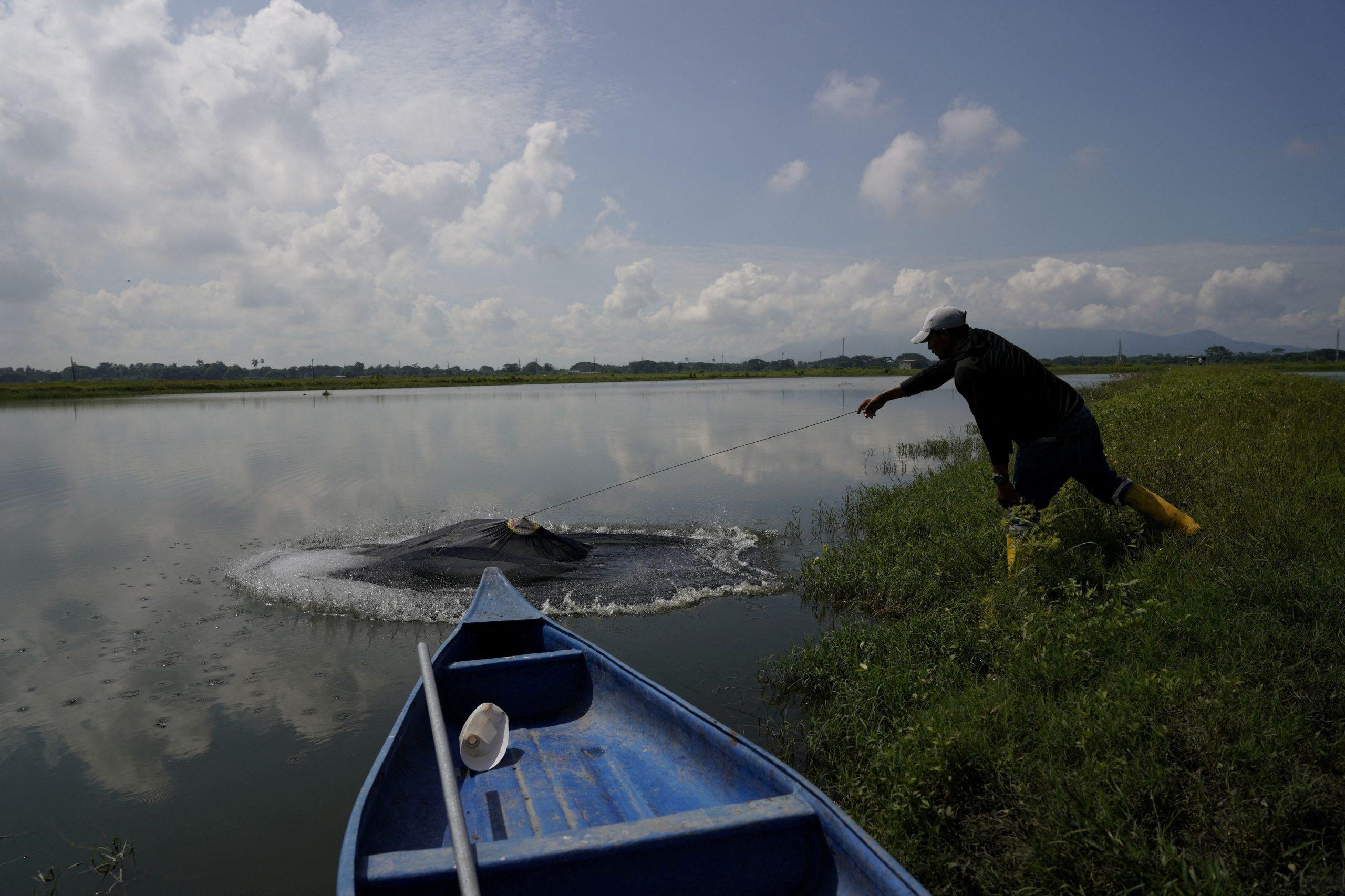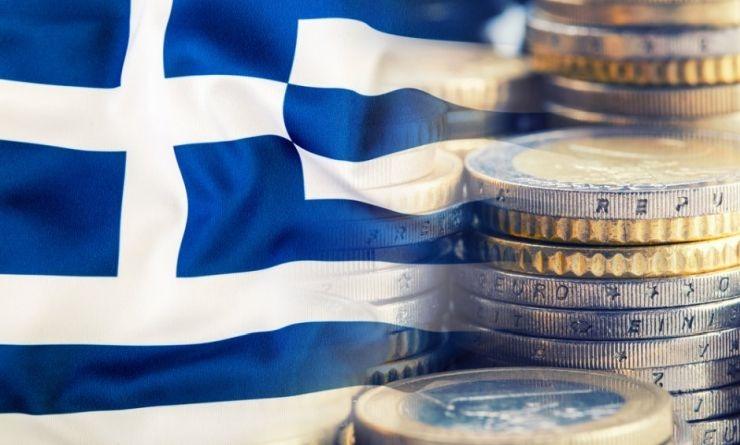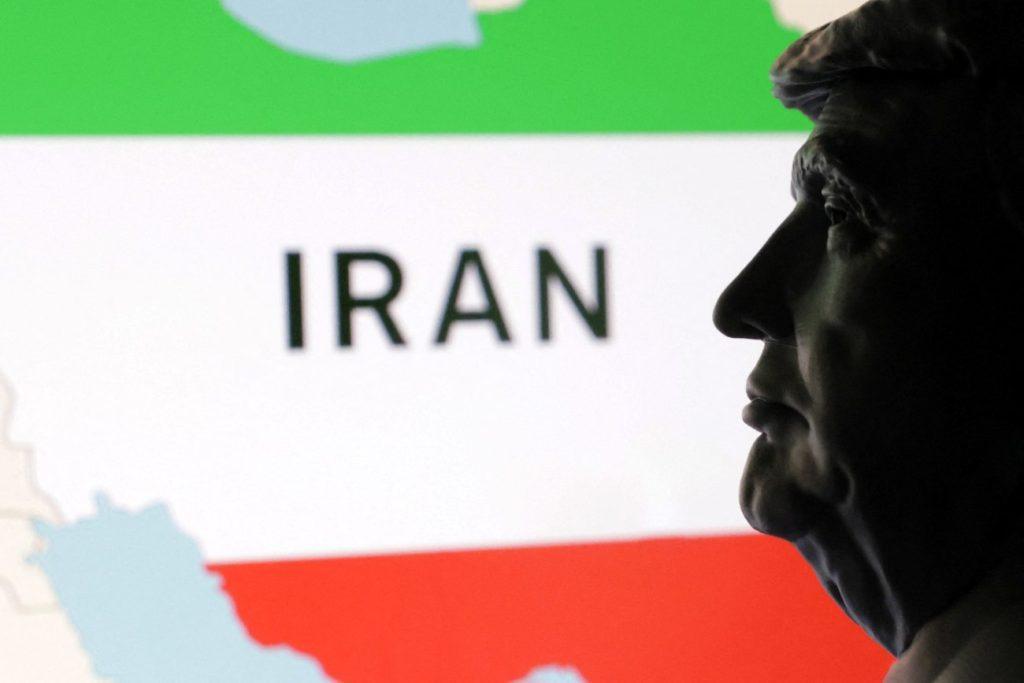Almost 90% of world trade in goods is transported by sea. Maritime trade accounts for almost 72% of the total volume of EU international trade. Trade in dry bulk cargo and tanker cargo represents more than 75% of the total volume of global maritime trade, which amounted to 10,648 million tonnes in 2020. The bulk/tramp sector also accounts for the bulk of EU maritime trade, which underlines its vital role in the EU economy and trade.
Shipping is a crucial contributor to the wellbeing of EU citizens by ensuring the supply of most of the necessary raw materials, energy, food and other essential items. Maritime trade accounts for the bulk of imports and exports from EU Member States in regard to major categories of food commodities, energy and raw materials.
In some categories, more than 85% of the total volume of trade is transported by sea, such as in cereals (93%), animal and vegetable fats and oils (86%), non-ferrous ores (93%), and copper ore (97%).
Ninety percent of total imports of critical raw materials, which are indispensable for the EU economy due to their interconnectedness with all industries and their importance in the production of modern and clean technological products, are also transported by sea.
Transports
Maritime transport also plays a particularly important role in intra-community trade, as the EU relies on shipping for 33% of its domestic trade. Short Sea Shipping (SSS) is crucial for community trade. At the same time, it is one of the most environmentally friendly modes of transport.
By allowing for the decongestion of roads with a significantly lower CO2 footprint in comparison to other transport sectors, the promotion of the sustainability and competitiveness of Short Sea
Shipping should remain a priority for European institutions.
Supply
Greek shipping is of great strategic importance for the EU, as:
⦁ It is key to securing the EU’s supply of energy and other essential goods.
⦁ Serves the EU’s import and export trade, by being the main branch of its transport operations.
⦁ With increasing EU concerns regarding its energy security, the Greek-owned fleet, and in particular ships carrying coal, oil and petroleum products, as well as liquefied gases (LNG/LPG), is crucial to securing imports of energy and other essential products into the EU from different and remote regions of the world, enabling it to reduce its dependence on a limited number of countries.
⦁ The EU imports 97% of its oil and petroleum product needs, as well as 83.6% and 35.8% of its gas and solid fossil fuel needs respectively. Of these imports, 84% of crude oil, 76% of petroleum products and 39% of LNG/LPG quantities are transported by sea.
⦁ The Greek-owned fleet is able to adapt directly to the constant changes in world trade flows, as well as to ship designs with improved efficiency, safety and environmental protection characteristics.
The competition
The strategic importance of Greek shipping for the EU is further highlighted in the context of increasing competition from Asian countries, whose overall ownership is growing rapidly, gaining an increasing share of the world market. At a national level, Greek shipping remains a strategic asset and is particularly important for the Greek economy. Maritime transport contributes over 3% of the gross value added and totals around 7% of GDP (direct and indirect), providing nearly 200,000 jobs. It also provides significant net inflows to the Greek economy. In 2021, inflows into the
Greek balance of payments from maritime transport not only surpassed 2019 levels, following the 2020 recession caused by the COVID-19 pandemic, but are also the highest since 2008 and amount to more than €17 billion. It is also noteworthy that Greek shipping provides these inflows to Greece from various regions of the world.



































